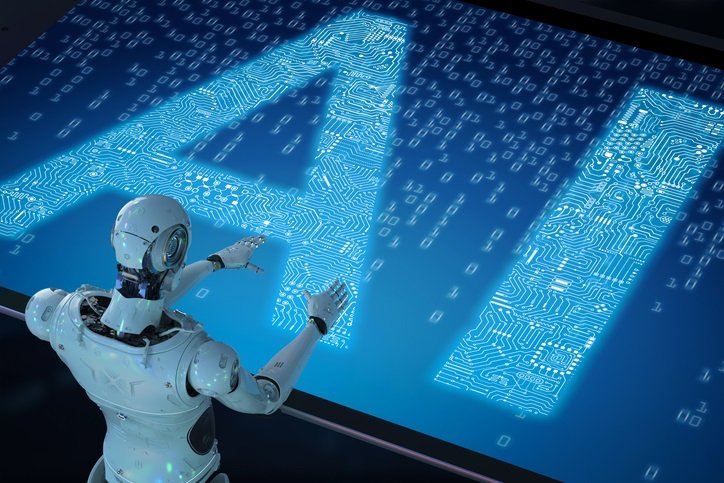In recent years, advancements in Artificial Intelligence (AI) and Robotics Technology have revolutionized various aspects of our lives. These technologies, once confined to the realm of science fiction, are now integral components of industries, healthcare, education, and more. This article explores the profound impact of AI and robotics on society, discussing both the positive contributions and potential challenges.

The Rise of Artificial Intelligence
Artificial Intelligence refers to the simulation of human intelligence in machines programmed to think and learn like humans. AI has made remarkable progress in areas such as natural language processing, computer vision, and machine learning. From voice-activated personal assistants to recommendation algorithms on streaming platforms, AI has become a ubiquitous part of our daily lives.
Applications in Healthcare
One of the most promising areas where AI is making a significant impact is healthcare. Machine learning algorithms can analyze vast amounts of medical data to identify patterns and assist in disease diagnosis and treatment planning. Surgical robots powered by AI are also becoming increasingly common, offering precision and efficiency in complex procedures.
Education and Skill Development
As technology evolves, the need for a workforce with the skills to develop, implement, and manage AI and robotic systems becomes crucial. Educational institutions and training programs are adapting to this demand, emphasizing STEM (Science, Technology, Engineering, and Mathematics) education to prepare individuals for the jobs of the future.
The Future of AI and Robotics Technology
The pace of innovation in AI and robotics shows no signs of slowing down. As these technologies continue to advance, their integration into various sectors will likely increase. Collaboration between researchers, policymakers, and industry leaders is essential to address challenges and ensure responsible development and use of AI and robotics.
Conclusion
AI and robotics Technology have become integral to the fabric of modern society, offering transformative solutions across diverse fields. While the potential benefits are immense, society must navigate the ethical and societal implications to ensure a future where these technologies contribute positively to human well-being. Continued research, education, and ethical considerations are vital as we embark on this technological journey.